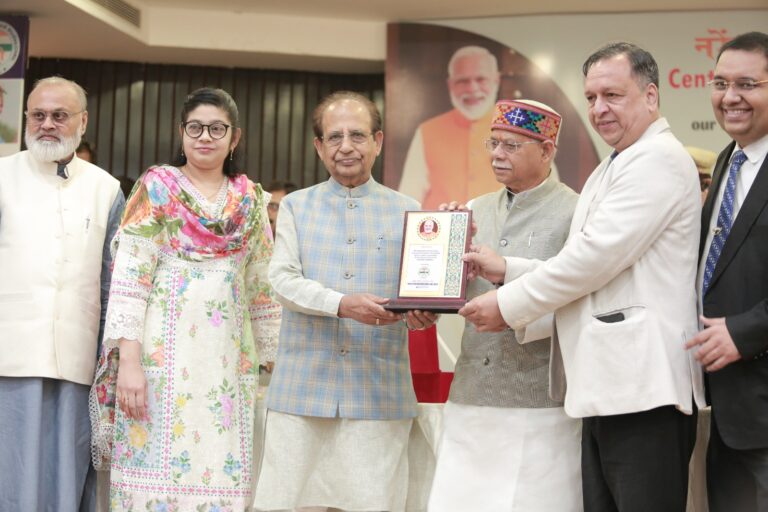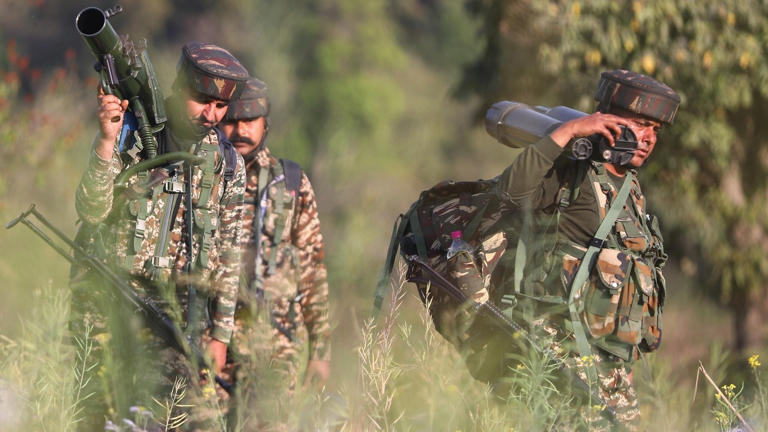ECI Orders Nationwide Voter List Cleanup by September 30: What is SIR and Who It Targets
Ahead of upcoming assembly elections, the Election Commission of India (ECI) has ordered a nationwide voter list cleanup by September 30 under the Special Intensive Revision (SIR). This article explains what SIR is, how it works, and why it matters for voters.

New Delhi: The Election Commission of India (ECI) has issued a nationwide directive to states for a Special Intensive Revision (SIR) of electoral rolls, with a deadline of September 30. The move aims to remove duplicate, outdated, and potentially illegal entries ahead of next year’s assembly elections in several key states.
Unlike routine annual updates, the SIR is a comprehensive door-to-door verification. Election officials will cross-check the current voter lists with older records, sometimes dating back to 2002–2004, to weed out ghost voters, deceased individuals, and entries of dubious authenticity.
“Get ready by September end,” the ECI instructed Chief Electoral Officers (CEOs) during a recent meeting, giving them roughly 10–15 days for preparation.
States such as Delhi (last SIR in 2008) and Uttarakhand (2006) are already reviewing older lists for online upload, while Bihar’s 2025 pilot, benchmarked against its 2003 rolls, revealed large-scale deletions alongside verified new additions.
Why the Cleanup Now?
With assembly elections scheduled in 2026 across Assam, Kerala, Puducherry, Tamil Nadu, and West Bengal, the SIR is especially significant. Officials are focusing on birthplace verification to prevent illegal entries, particularly from neighboring countries like Bangladesh and Myanmar.
The ECI clarified that no deletions will be publicly visible online, emphasizing accuracy and integrity over public participation. Booth-level officials will visit households with forms to update or remove entries as needed, following the principle of “One Nation, One Voter ID.”
Snapshot of Last SIR by State
| State/UT | Last SIR Year | Key Notes |
|---|---|---|
| Bihar | 2003 | Recent 2025 pilot used this baseline; high deletions expected. |
| Delhi | 2008 | Urban-focused; ready for quick online updates. |
| Uttarakhand | 2006 | Mountainous terrain may slow verification. |
| Most States (UP, Maharashtra, etc.) | 2002–2004 | Baseline for majority of rolls; Assam (2003) highlighted as migration hotspot. |
| Jammu & Kashmir | 2002 | Post-reorganization updates required; security concerns relevant. |
Reactions and Public Sentiment
The directive has drawn mixed responses. Supporters hail it as a long-overdue step to remove ghost voters, while critics caution about potential overreach in sensitive border regions. On social media, citizens are debating the impact: some welcome the cleanup, while others worry about delays in receiving new voter ID cards.
As Navratri festivities begin, the ECI’s SIR represents a critical step in ensuring cleaner, more reliable voter lists. With assembly elections approaching, officials aim to strengthen the democratic process while balancing accuracy and fairness.
Also Read: Uri attack 2016 Explained: How it happened and Why it matters





